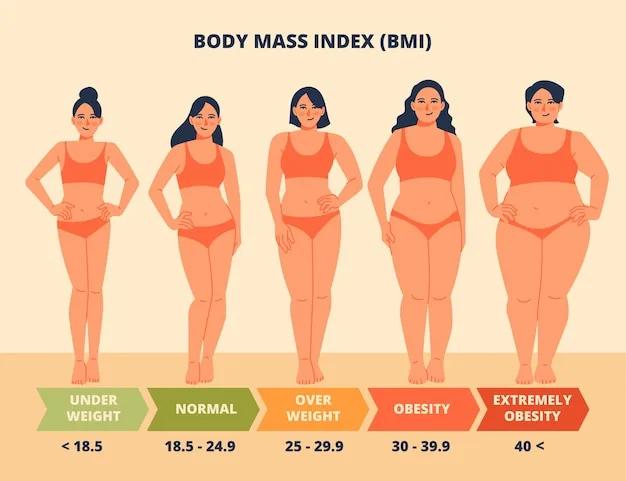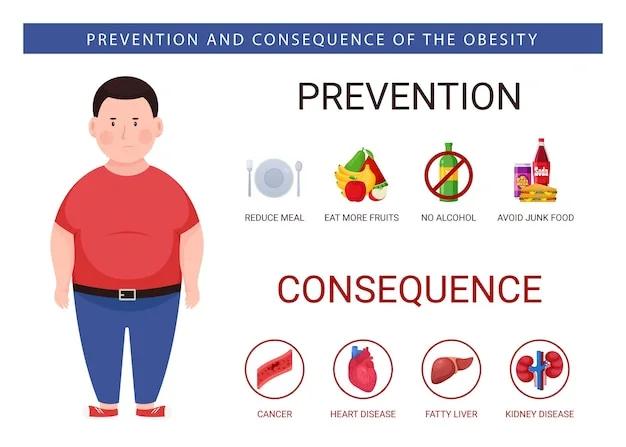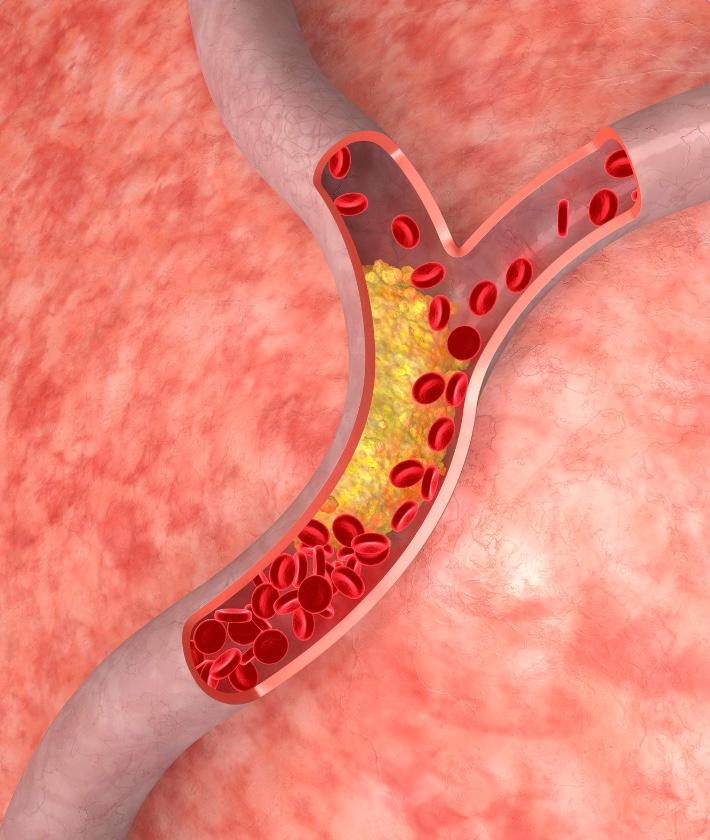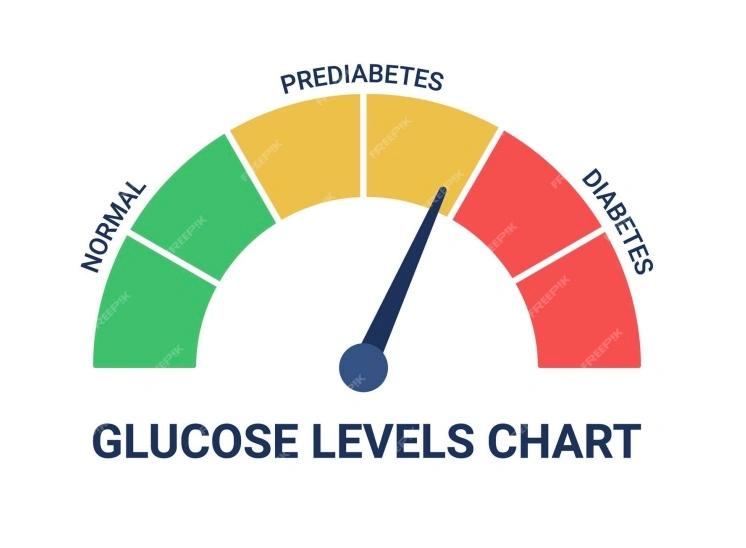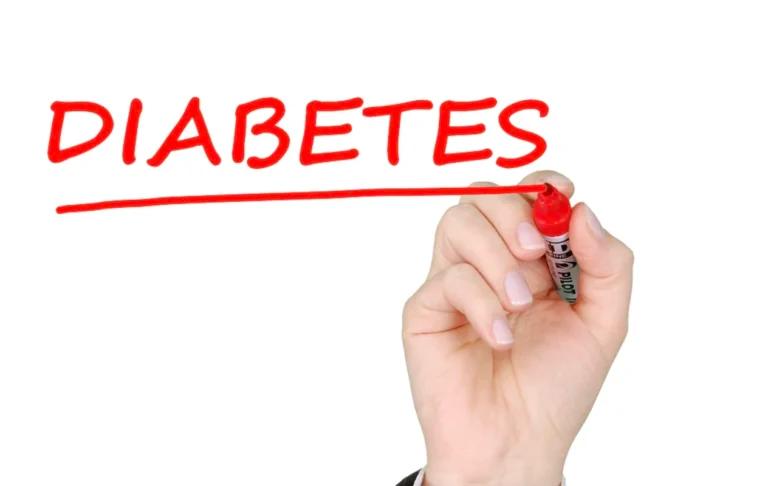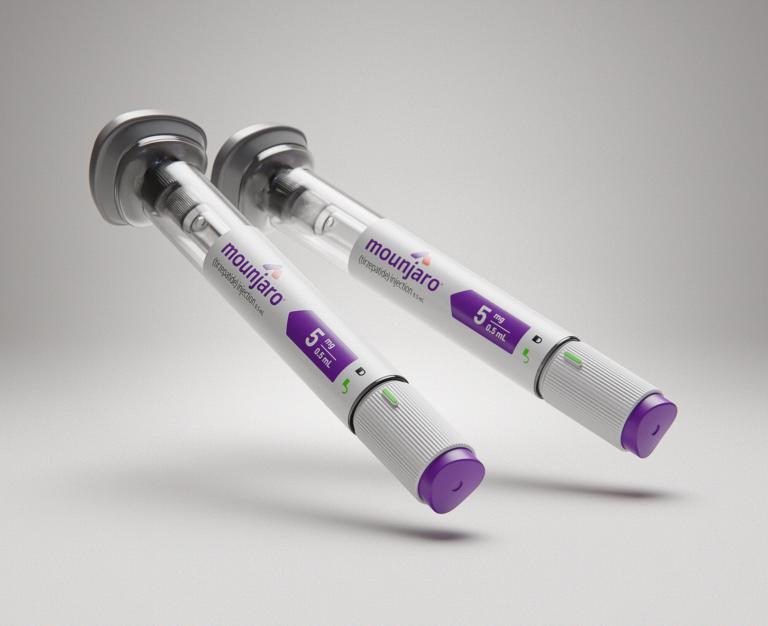
Leading a sedentary lifestyle is becoming a significant public health issue. Sedentary behaviour appears to be increasing in many nations, despite being linked to a range of chronic health conditions. According to the 2008 Physical Activity Guidelines for Americans, adults should be getting at least 150 minutes of moderate-intensity physical activity each week. Research however suggests that only 21 per cent of people achieve this.
Physical inactivity or sitting for long periods of time has been associated with health risk factors such as cardiovascular disease, obesity (body mass index (BMI) > 40 ) type 2 diabetes, anxiety and depression, some forms of cancer and early death.
Chronic diseases and health conditions caused by these risk factors are now the leading causes of death in almost every part of the world.
The NHS states that prolonged sitting is thought to slow your metabolism, which affects the body’s ability to regulate blood sugar, blood pressure and break down fat. This in turn can lead to a decreased life expectancy.
How often should we get up from our desks?
Most people with sedentary behaviour or desk-based jobs with excessive sitting spend around 7-8 hours (or more) sitting, which isn’t good for their health. It is important to have regular breaks to stretch out your body, fingers and hands (if using a keyboard frequently) and to give your eyes a rest from the glare of a computer screen. 1-2 minute stand-up breaks from sitting each hour is enough to lower risk factors, such as cancer.
What little movements can we incorporate into everyday life to improve our health?
If you have a sedentary lifestyle or a desk-bound job, then make sure you take regular breaks. It is important to try and get 10,000 steps in a day and, even better try and do some regular exercise before or after work to help release endorphins, which in turn increase your energy. You may not feel like doing physical activity, but even a 15-minute brisk walk can boost your energy levels and give you that pick-up you so need. Yoga, spinning, a run, or a HIIT class will all get your heart rate up and your blood flowing and boost your mood and your energy levels, even if it is for just a short period.
Not only do you have to be active during the day, but the amount of time spent exercising should also be a period of constant exercise. Just 30 minutes of exercise a day, even small movements can have huge health benefits and help to offset problems like osteoporosis, retain your muscle mass, avoid back pain and lower your risk of heart problems.
Researchers have recently found that a lack of physical activity for a longer period of time can increase your risk of developing chronic health issues that can lead to mortality. According to the Center for Disease Control (CDC), everyone should indulge in a minimum of 150 minutes of moderate exercise or 75 minutes of higher physical activity levels each week.
Subtle movement breaks up prolonged sitting and has been shown to promote higher HDL (“good cholesterol“) and lowers the prevalence of LDL (“bad cholesterol”) which in turn can improve your blood pressure and lower your risk of heart attack.
Automation has made more time available for leisure pursuits. Unfortunately, most of the newfound leisure time is used for sedentary pursuits, whereas the human body is designed for strenuous physical activity.
What happens to our body when we overeat?
Overeating usually leads to weight gain, which in turn can put such an intolerable strain on the body, including the heart and internal organs. This can lead to health issues like heart disease, strokes, diabetes and cancer.
How is social isolation dangerous for our health?
Humans are wired to interact with other humans. If we’re not talking to others or getting regular physical activity then both our physical and mental health can be dramatically affected. This has never been more evident than the recent Covid pandemic. The impact of lockdowns on the mental health of individuals has been devastating for some (especially loneliness in older people), and even those more resilient would admit that it has been a difficult time.
Social isolation can also increase the chances of serious health problems such as cardiovascular disease, a higher risk of heart attack, heart disease, stroke and Alzheimer’s disease/dementia.
Sources
Loneliness in older people – NHS
NowPatient has taken all reasonable steps to ensure that all material is factually accurate, complete, and current. However, the knowledge and experience of a qualified healthcare professional should always be sought after instead of using the information on this page. Before taking any drug, you should always speak to your doctor or another qualified healthcare provider.
The information provided here about medications is subject to change and is not meant to include all uses, precautions, warnings, directions, drug interactions, allergic reactions, or negative effects. The absence of warnings or other information for a particular medication does not imply that the medication or medication combination is appropriate for all patients or for all possible purposes.






